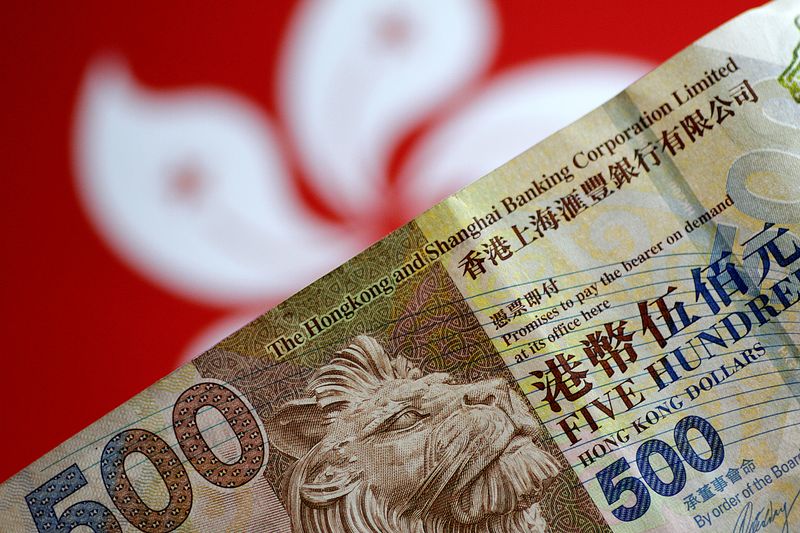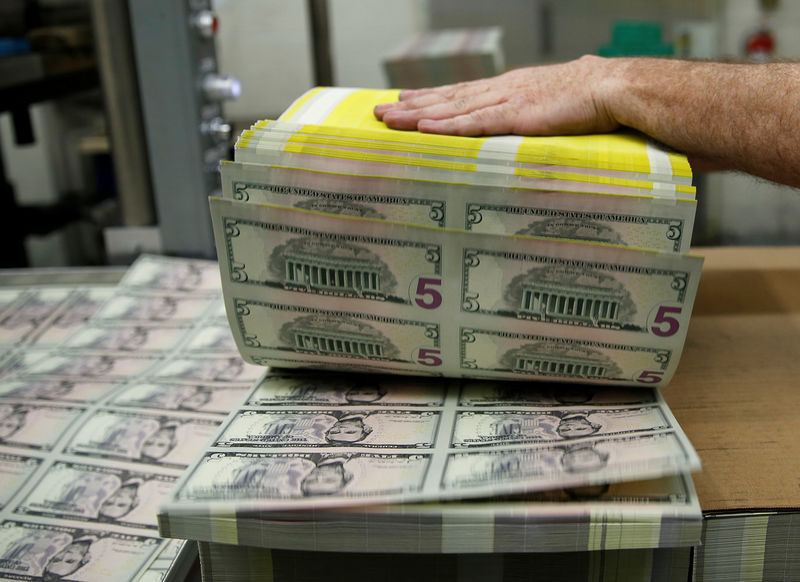HONG KONG/SHANGHAI (Reuters) – Hong Kong has no intention and sees no need to change the system that ties the city’s currency in a tight band to the U.S. dollar and the ability to defend it, its CEO said of the de facto The central bank announced this on Thursday.
Eddie Yue made the comments amid the recent strength of the Hong Kong dollar, which rose to a 3.5-year high against the US currency last week, not far from testing the strong end of the trading band system.
Under Hong Kong’s Linked Exchange Rate System (LERS), the financial center’s currency is limited to a range between 7.75 and 7.85 per dollar, and the Hong Kong Monetary Authority (HKMA) has committed to intervene to maintain this bond.
“Despite the recent interest in LERS and even speculation about possible geopolitical shocks, the Hong Kong dollar market has continued to function smoothly in accordance with the design of the LERS,” Yue said in a statement on the HKMA website.
“And let me repeat: we have no intention and see no need to change the LERS.”
The financial center has extensive foreign reserves of more than US$420 billion, equivalent to about 1.7 times the monetary base, which Yue said meant “ensuring the smooth operation of the LERS at all times.”
A range of factors including seasonal funding shortages, purchases by mainland Chinese investors and rising dividend payments from listed companies contributed to tight liquidity in Hong Kong and supported the currency, traders and analysts said.
Yue said the HKMA paid close attention to the discussions on the exchange rate system, which has weathered countless economic cycles and multiple financial crises.
“As a small, open economy and major international financial center, exchange rate stability is crucial for Hong Kong,” Yue said, rejecting the view that a strengthening Hong Kong dollar alongside the greenback would hinder the city’s economic recovery.
Analysts at Barclays (LON:) expects the Hong Kong dollar to remain close to 7.75 per dollar in January, but expects it to weaken thereafter.

“We think global factors are likely to keep sentiment subdued and supportive, especially following the positive boost from dividend payments by Hong Kong-listed companies and (as) IPO activity declines,” they said in a note published this week.
“Onshore buying of Hong Kong shares may continue due to a lack of better investment alternatives, but more foreign participants would be needed to buy Hong Kong shares to drive HKD demand more sustainably.”


